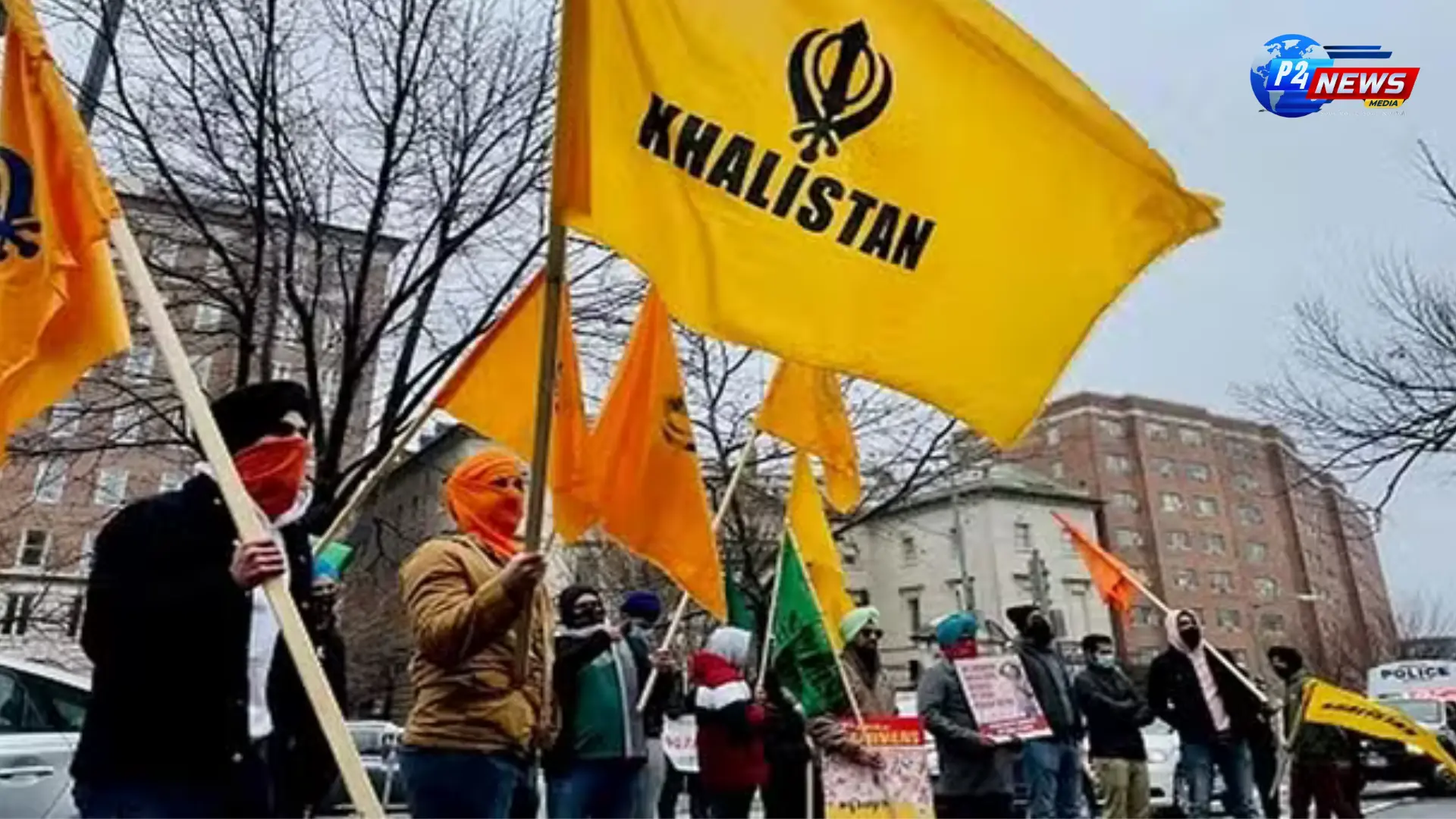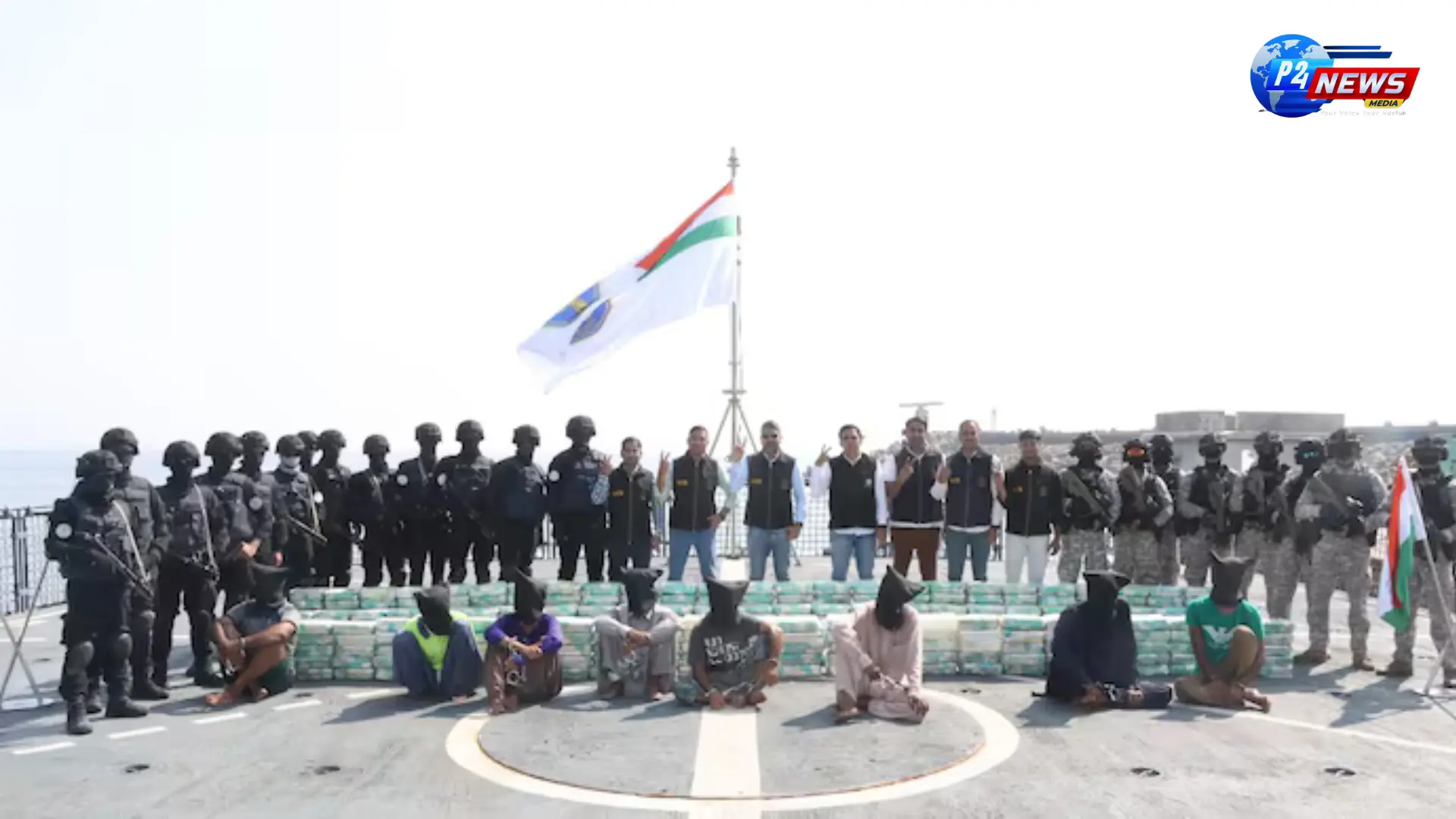A disturbing video clip has emerged on social media featuring pro-Khalistani demonstrators in Canada, advocating for the expulsion of white Canadians and claiming dominion over the country. The footage shows a Nagar Kirtan march in British Columbia, with protestors making inflammatory remarks and waving Khalistani flags, generating significant controversy and highlighting rising tensions.
A viral video has recently circulated, showcasing a group of pro-Khalistani activists in Canada making incendiary claims about their ownership of the nation. The footage, recorded during a Nagar Kirtan march in Surrey, British Columbia, reveals protesters openly denouncing white Canadians as “invaders” and calling for them to “return to England and Europe.” This demonstration, which prominently featured Khalistani flags, has sparked widespread outrage and concern over the escalating rhetoric surrounding identity and nationalism in the country.
The controversy was brought to light by local journalist Daniel Bordman, who shared the two-minute video on X (formerly known as Twitter). In the footage, march participants are seen and heard chanting slogans such as “we are the proprietors of Canada,” revealing a disturbing trend among radical elements within the Khalistani movement. Such statements not only offend the sensibilities of many Canadians but also raise questions about the future of multicultural cohesion in Canada.
Adding to the complexities of this situation are strained Indo-Canadian relations, exacerbated by the recent assassination of Hardeep Singh Nijjar, a Khalistani sympathizer labeled as a terrorist by India. Indian intelligence agencies assert that Prime Minister Justin Trudeau’s government is utilizing support from Khalistani factions to maintain an alliance with MP Jagmeet Singh, leader of the New Democratic Party, especially amidst declining popularity and political challenges.
Moreover, Trudeau's approach to multiculturalism has attracted criticism from Indian officials who perceive his leniency towards pro-Khalistani groups as a risk to India’s national security. This sentiment is exacerbated by the Prime Minister's evolving stance and public statements, particularly his recent remarks indicating that accusations against India were primarily based on intelligence reports without substantial evidence.
The deteriorating diplomatic relationship between the two nations reached a peak when Canada decided to suspend diplomatic discussions with India following Nijjar’s assassination. India responded strongly, condemning Canadian officials who seemed sympathetic to Khalistani interests, further complicating matters. Accusations against a Canadian border official, Sandeep Singh Sidhu, who had previously faced charges related to the assassination of Shaurya Chakra awardee Balwinder Singh Sandhu, only highlight the ongoing discord between both nations. Sidhu was recently cleared of terrorism charges, underscoring the contrasting perspectives each country holds regarding such serious incidents.
As tensions continue to rise, the video featuring pro-Khalistani activists showcases a growing polarization within Canadian society, calling into question the effectiveness of multiculturalism as a unifying principle. The implications of these developments could have far-reaching consequences for both Canada's domestic landscape and its international relationships, particularly with India. The challenge remains for both governments to navigate these turbulent waters while ensuring that peace and stability are prioritized for all communities involved.
In conclusion, the growing assertiveness of pro-Khalistani sentiments in Canada raises critical questions about identity, ownership, and belonging in a multicultural society. As Canada grapples with internal divisions, it must also confront the external ramifications of its political choices, particularly as they pertain to its relationship with India. Moving forward, fostering dialogue and understanding between diverse communities will be vital in overcoming the challenges posed by radical elements and ensuring a harmonious coexistence for all Canadians.
















Comments 0